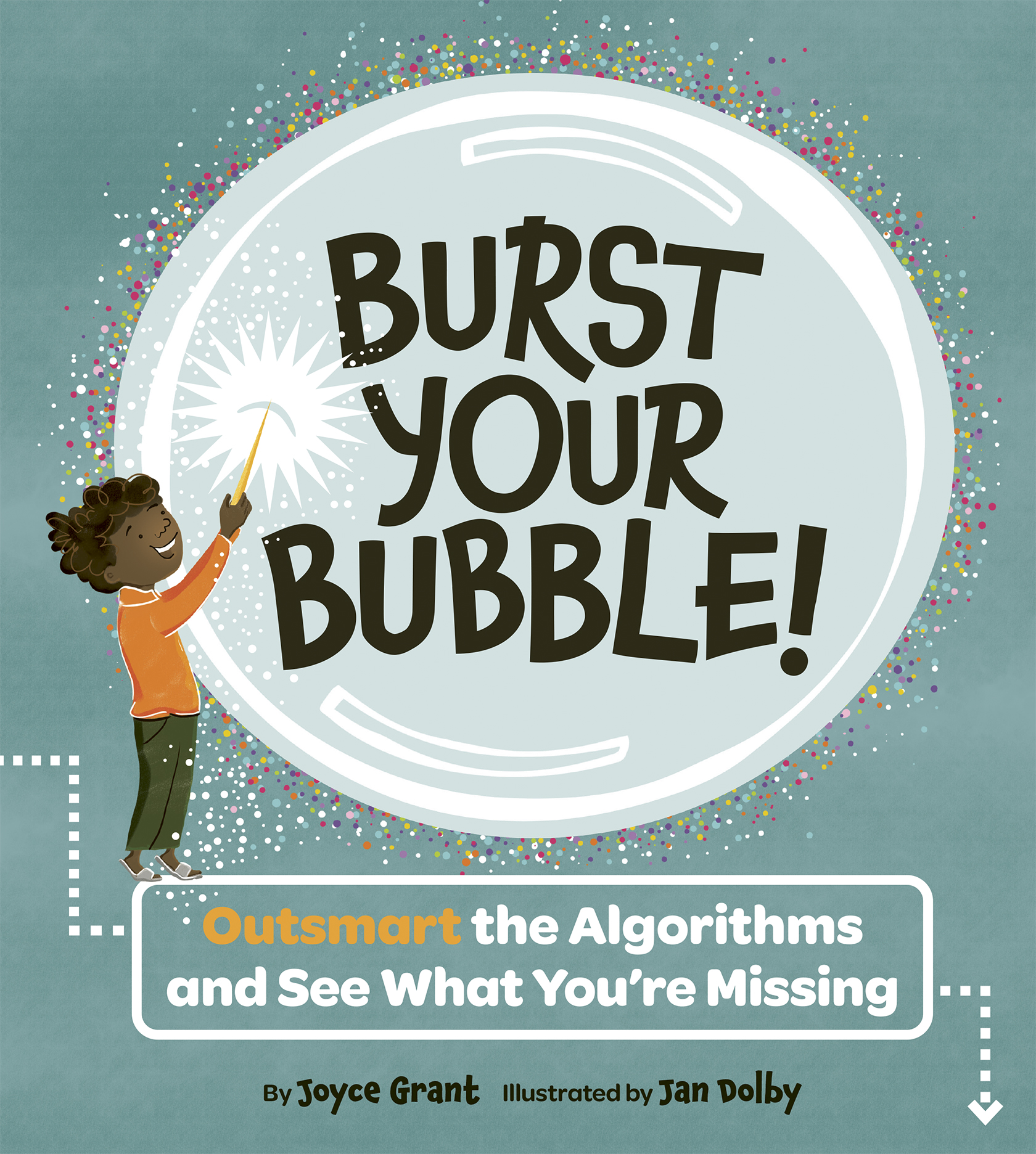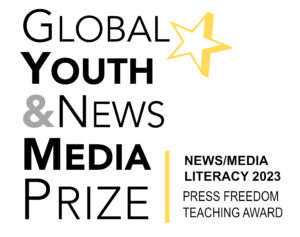In March 2011, Japan was hit by the largest earthquake ever recorded.
It caused a tsunami–a huge wave that started out in the ocean. The tsunami swept onto the north-east coast of Japan and back into the sea, carrying away everything in its path.
Now, after travelling across the Pacific Ocean for more than a year, a soccer ball and a volleyball have washed up onto Middleton Island, off the coast of Alaska.
The man who found them plans to send them back to the two Japanese teenagers who lost them during the tsunami.
The balls were found two weeks apart and both balls had names on them. The soccer ball also had a school name and several messages.
David Baxter found them when he was beachcombing–in this case, a beachcomber is someone who enjoys walking along the beach looking for shells and other things. Baxter and his wife, Yumi, who is Japanese, tracked down 16-year-old Misaki Murakami, whose name was on the soccer ball. Japanese public broadcaster, NHK, helped them find Murakami.
The boy was very happy to get a phone call saying that his prized soccer ball had been found. The messages on the ball were from classmates at his old school as a good-bye gift to him when he transferred to a new school. Most of Murakami’s belongings had been taken by the tsunami, which makes him especially grateful to have his ball back.
The volleyball also had a name on it, and again Baxter and his wife found the owner with the help of NHK.
Shiori Sato was amazed when she was told that her ball had been found. She told NHK, “I think it’s a miracle.”
Items thought to be from areas of Japan hit by the tsunami are now starting to wash up on Canada’s west coast as well as Alaska.
CURRICULUM CONNECTIONS
By Kathleen Tilly
Writing/Discussion Prompt
Write a story, blog or comic strip from the perspective of either the soccer ball or volleyball as it travelled from Japan to Alaska. Be sure to include details such as how you felt, where you went and what you did.
Reading Prompt: Extending Understanding
When you read this article, did you make any connections with the two teenagers’ stories?
For example, have you ever lost an item that is important to you? How did you feel when you couldn’t find it? Did you get it back in the end? How is your experience similar or different to that of the Japanese teenagers?
Primary
Extend understanding of texts by connecting the ideas in them to their own knowledge and experience, to other familiar texts, and to the world around them (OME, Reading: 1.6).
Junior
Extend understanding of texts by connecting the ideas in them to their own knowledge, experience, and insights, to other familiar texts, and to the world around them (OME, Reading: 1.6).
Intermediate
Extend understanding of texts, including increasingly complex or difficult texts, by connecting the ideas in them to their own knowledge, experience, and insights, to other familiar texts, and to the world around them (OME, Reading: 1.6).
Grammar Feature: To, too, two
Although the words to, too and two sound the same, they have very different meanings.
To goes before a noun. For example,”The man who found them plans to send them back to the two Japanese teenagers who lost them during the tsunami.”
To can also go before a verb. For example, “Items thought to be from areas of Japan hit by the tsunami are now starting to wash up on Canada’s west coast as well as Alaska.”
Too means ‘also’. For example, ‘the soccer ball washed away and the volleyball did too.’
Two is an amount. For example, “The balls were found two weeks apart and both balls had names on them”
Fill in the following sentences with to, too or two.
1. I went ___ the store to buy some bread.
2. It was ___ hot in the classroom so my teacher opened a window.
3. “Wait,” yelled my sister, “I want to play ___!”
4. ___ heads are better than one.
5. ___ much ice cream can cause a stomach ache.
6. I am allowed ___ watch t.v. after I do my homework.







